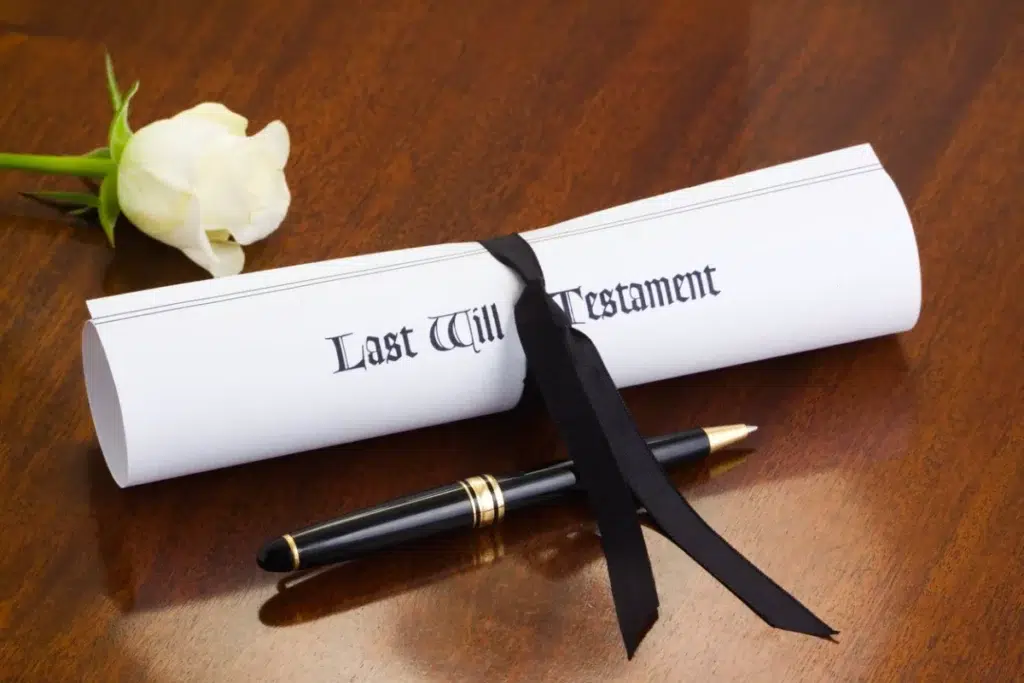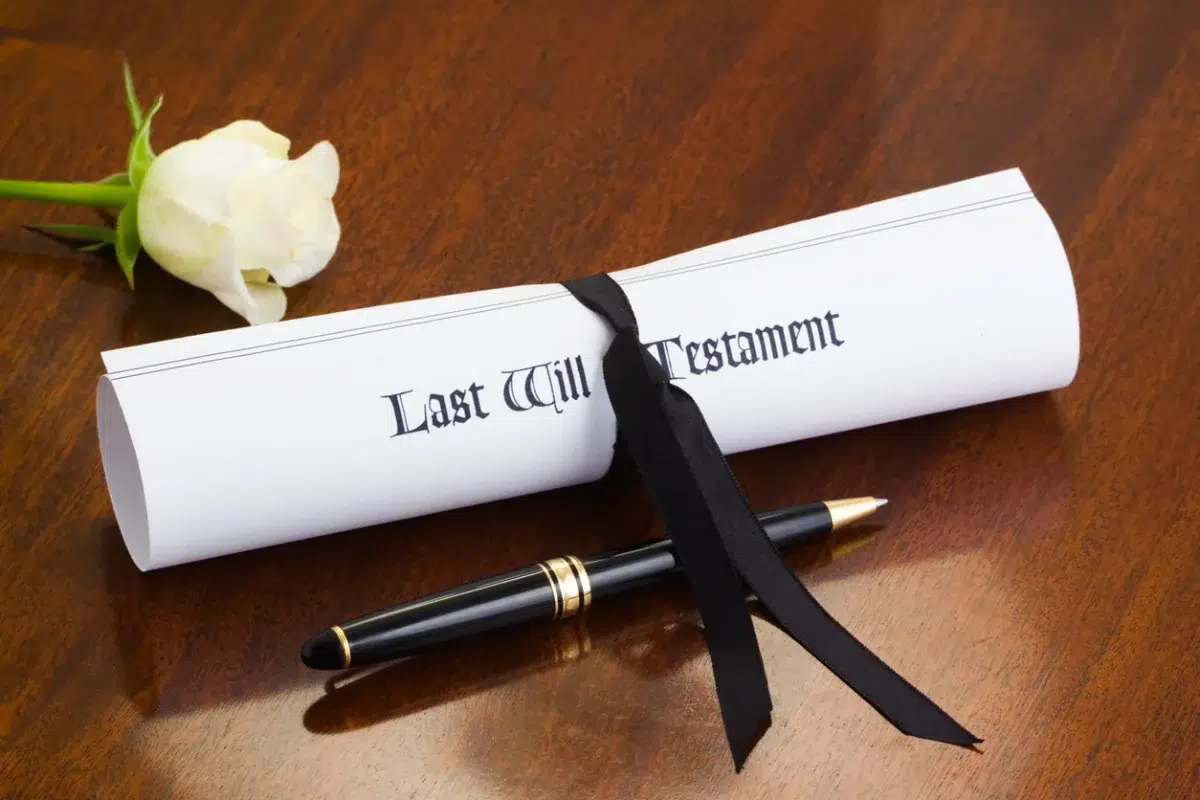
Have you ever wondered what happens to your home and assets if you pass away without a proper will in Florida? Many people assume their spouse will automatically inherit everything, but this isn’t always true. Let me share a heartbreaking story that recently walked through my office door – one that could help protect your family from a similar fate.
A Lifetime of Memories, Gone in an Instant
An elderly woman came to see me with tears in her eyes. Her husband had passed away earlier this year, and their life together was unraveling in ways she never imagined possible. For thirty years, she and her husband had shared a home. Though she had worked hard, paying the mortgage, taxes, and maintenance costs throughout most of their marriage, her name had never been added to the deed. The home remained solely in her husband’s name, a detail that would prove devastating after his death.
Her husband had tried to plan ahead. He had asked a family member to prepare a will, but he never got around to signing it properly. In Florida, a will must be signed in the presence of two witnesses and a notary to be valid. Without these formalities, it’s as if they will never exist.
When the Law Steps In: Florida’s Intestacy Rules
When someone dies without a valid will in Florida, state law decides who gets what. These are called “intestacy” rules. Here’s the catch that caught this widow by surprise: when someone dies leaving behind both a spouse and children from a previous relationship, the spouse doesn’t get everything. Instead, the law splits things down the middle – 50% goes to the surviving spouse, and 50% goes to the children from the previous relationship.
A Difficult Choice
Because the home was solely in her husband’s name when he died, the widow was given two options:
- Take a 50% ownership interest in the home
- Accept a “life estate,” meaning she could live in the home for the rest of her life, but when she died, it would go entirely to her husband’s children
She chose the 50% ownership, thinking this would give her more control. Unfortunately, this decision opened the door to another legal surprise.
The Forced Sale Nobody Wanted
Shortly after making her choice, her stepchildren announced they wanted to sell the house. She didn’t want to move – this was her home of thirty years, filled with memories and close to her friends and community. But she learned about something called a “partition action,” where co-owners can force the sale of a property through the courts.
The only way she could have stopped the sale was to buy out her stepchildren’s 50% share. But like many retirees, she couldn’t afford this unexpected expense. In the end, she was forced to sell her home of three decades. She only received half of the sale proceeds, despite having paid for most of the home over the years.
How to Protect Your Loved Ones
This situation could have been avoided in two ways:
- Adding the spouse’s name to the deed during the husband’s lifetime
- Creating a properly executed will
Here’s what you need to know:
- A valid Florida will be signed in the presence of two witnesses and a notary
- If you’re married, consider adding your spouse’s name to your home’s deed
- If you have children from a previous relationship, clearly state in your will who should inherit your home
- Don’t rely on informal documents or unsigned wills – they won’t protect your family
- Consider talking with a qualified attorney about estate planning, especially in blended families
- Remember that good intentions aren’t enough – proper legal execution is crucial
The Bottom Line
This widow’s story didn’t have to end this way. She lost her home and half its value because her husband didn’t leave a valid will and had never added her name to the deed. Now, instead of living out her retirement in the home she helped build and maintain for thirty years, she’s been forced to start over.
Don’t let this happen to your family. If you own a home in Florida and have children from a previous relationship, take the time to create a proper will and consider adding your spouse to the deed. Make your wishes clear and legally binding. It’s one of the most important gifts you can give your loved ones – the gift of certainty and security when you’re gone.
Remember: A little planning today can prevent heartbreak tomorrow. Contact a qualified estate planning attorney to ensure your wishes are properly documented and your loved ones are protected.
The contents of this article are not comprehensive, they provide only a general overview of the subject matter discussed. This article does not establish a client-attorney relationship with the reader, and no legal decisions should be made based on the article’s contents. Because every legal matter arises under unique facts specific to the client, no legal decision should be made without consulting a licensed attorney.


